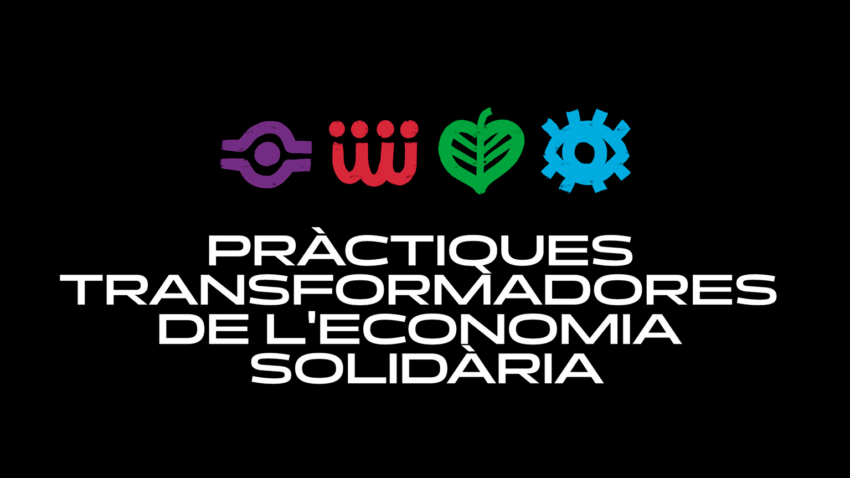
We enrich the catalog of Good Practices with more than 30 new proposals
As every year, the different circles of Coòpolis and from the Ateneo collect a series of good practices that we detect throughout the Barcelona territory throughout the year. According to Termcat, the best practices are the set of exemplary actions promoted by an entity or an institution, which aim to significantly improve an unsatisfactory situation in its field of action, and which can be reproduced by other entities or institutions.
So all the internships you can check below meet at least three requirements:
- They are practices driven by a collective, and consequently, agreed upon by a group of people who know in depth the situation they seek to improve.
- Their goal is transformative, since they want to reverse a situation, not accommodate it or circumvent it.
- They are designed, implemented and evaluated practices that can be replicated by other entities in similar situations.
From the Circle of Feminist Economies it is proposed to pay attention to the practices of 5 entities: Gypsy Voices, Xamfrà, L’Hora Lliure, L’Hospitalet Cricket Club and l’Etngràfica.
All of them formed by women who work daily to make visible and de-stigmatize different groups where the protagonists are themselves. One of the features shared by all of them is intersectionality, recognizing and pointing out that a single feminism does not exist or is valid if it does not listen and act taking into account all the discrimination that a person may experience. Awareness, prevention and training are some of the most important tools that these entities use.
The Ecosocial Transition Circle points out ten proposals related to the three main axes of work of the same circle: housing, agro-ecological food and sustainable mobility.
As for the slope agroecological it is worth highlighting the number of projects that incorporate an intercultural approach to their ecological production proposal that enriches the projects and brings them closer to a much wider sector of the population. As for the housingthe proposals presented come to confirm cooperative housing as one of the most viable solutions to address the housing emergency that the city is experiencing. One of these housing projects also crosses its strategy with sustainable mobility, to improve the environment and people’s lives.
The Circle of Migrations and Social Economy and Anti-Racist Solidarity brings four new initiatives promoted by La Canibal, L’Occulta and Connectats (which proposes two BBPP).
On this occasion the circle has highlighted the capacity of culture and the transformative power of art as essential tools to work on anti-racism at a social level. The entities that promote the good practices of these mostly use this channel to get their message to the public. It is important to highlight the spirit of self-review and self-criticism that organizations that are not originally driven by migrants but that do incorporate the anti-racist perspective, and for this reason reinforce their training in this matter.
lastly, from the Observatory area proposes to pay attention to 10 good practices in different parts of the city of Barcelona. All of them work by focusing on the territory and the needs of the neighborhoods where the entities carry out their work. Among them we highlight the desire for inter-cooperation, between projects and entities, the search and pooling of goods and resources with the desire not to duplicate resources or equipment unnecessarily, and cohesion in the neighbourhoods, through intergenerationalism.








